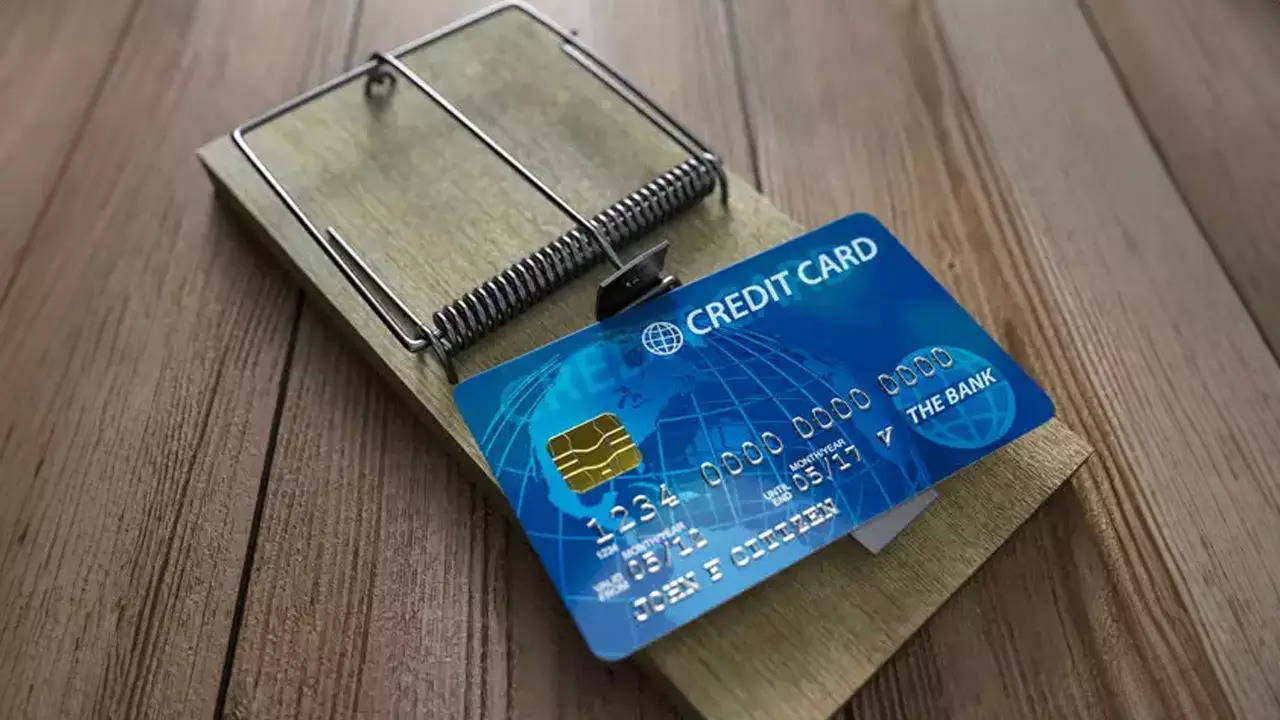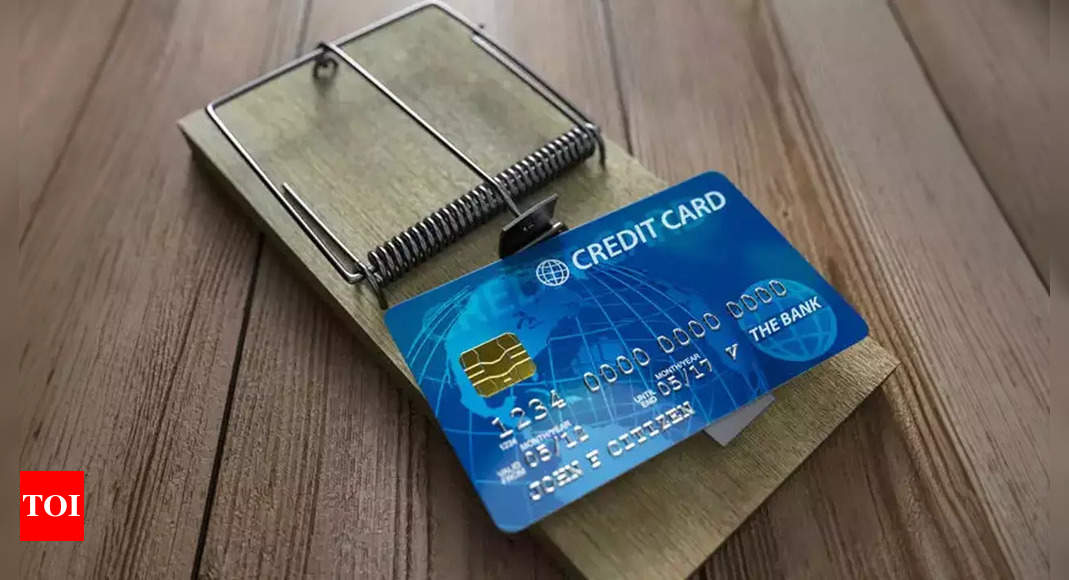
Credit card issuers charge high interest rates on all transactions, including unpaid EMI installments, if cardholders fail to pay the outstanding bill amount in full. These interest rates can go up to 42%. To illustrate the severity of credit card interest, let’s consider the case of A.G., a veteran banker. In April 2023, A.G. received a credit card bill of Rs 1,51,460. By mistake, he paid Rs 1,51,400, falling short by Rs 60. Surprisingly, he was notified before the next billing cycle that a financial charge of Rs 6,349 had been levied for the non-payment of just Rs 60. Fortunately, as a banker, he managed to reverse the charge. However, for regular credit card holders, caution is essential.
Here’s an explanation of credit card interest rate rules and how to avoid falling into the credit card trap.
How do credit cards work?
Credit cards can be used for online and offline shopping and bill payments, as long as the total payment is within the credit limit set by the issuer. Credit card issuers provide interest-free credit periods ranging from 20 to 50 days. This period typically starts from the date of purchase and ends on the next payment due date.
When is the interest rate charged on credit card dues?
If a cardholder fails to pay the full outstanding dues by the due date, it leads to penalties and interest on the outstanding amount. All new transactions, including EMIs, accrue interest, known as finance charges, from the date of purchase until all previous dues are settled. Similarly, this applies to any outstanding EMIs. If the customer fails to make a payment or pays less than the minimum balance before the due date, the issuer begins accruing interest on the entire outstanding amount from the transaction date.
Cash withdrawals from ATMs using credit cards also attract finance charges, states an ET report. The credit card interest rate varies among lenders and depends on the type of card.
Does making the minimum payment save customers from paying finance charges?
No, even if a cardholder pays the minimum amount due, which is usually 5% of the total due, interest is charged on the remaining amount and on all new transactions from the date of purchase.
When do customers lose the grace period benefit?
Customers lose the benefit of interest-free credit if they do not pay the outstanding balance in full. After that, all new transactions accrue interest from the date of purchase.
What happens to the credit score or credit bureau report in case of non-payment of outstanding dues?
Failure to pay the minimum amount due stated in the monthly bill is considered a default and has a negative impact on the credit score.
How can one avoid falling into the trap?
In most cases, credit card issuers calculate interest on a daily basis, leading to compounding increases. It is advisable to assess one’s monthly paying capacity and ensure that the outstanding bill does not exceed it. Additionally, being mindful of the due date is crucial to avoid unnecessary charges.
Here’s an explanation of credit card interest rate rules and how to avoid falling into the credit card trap.
How do credit cards work?
Credit cards can be used for online and offline shopping and bill payments, as long as the total payment is within the credit limit set by the issuer. Credit card issuers provide interest-free credit periods ranging from 20 to 50 days. This period typically starts from the date of purchase and ends on the next payment due date.
When is the interest rate charged on credit card dues?
If a cardholder fails to pay the full outstanding dues by the due date, it leads to penalties and interest on the outstanding amount. All new transactions, including EMIs, accrue interest, known as finance charges, from the date of purchase until all previous dues are settled. Similarly, this applies to any outstanding EMIs. If the customer fails to make a payment or pays less than the minimum balance before the due date, the issuer begins accruing interest on the entire outstanding amount from the transaction date.
Cash withdrawals from ATMs using credit cards also attract finance charges, states an ET report. The credit card interest rate varies among lenders and depends on the type of card.
Does making the minimum payment save customers from paying finance charges?
No, even if a cardholder pays the minimum amount due, which is usually 5% of the total due, interest is charged on the remaining amount and on all new transactions from the date of purchase.
When do customers lose the grace period benefit?
Customers lose the benefit of interest-free credit if they do not pay the outstanding balance in full. After that, all new transactions accrue interest from the date of purchase.
What happens to the credit score or credit bureau report in case of non-payment of outstanding dues?
Failure to pay the minimum amount due stated in the monthly bill is considered a default and has a negative impact on the credit score.
How can one avoid falling into the trap?
In most cases, credit card issuers calculate interest on a daily basis, leading to compounding increases. It is advisable to assess one’s monthly paying capacity and ensure that the outstanding bill does not exceed it. Additionally, being mindful of the due date is crucial to avoid unnecessary charges.
Source link

